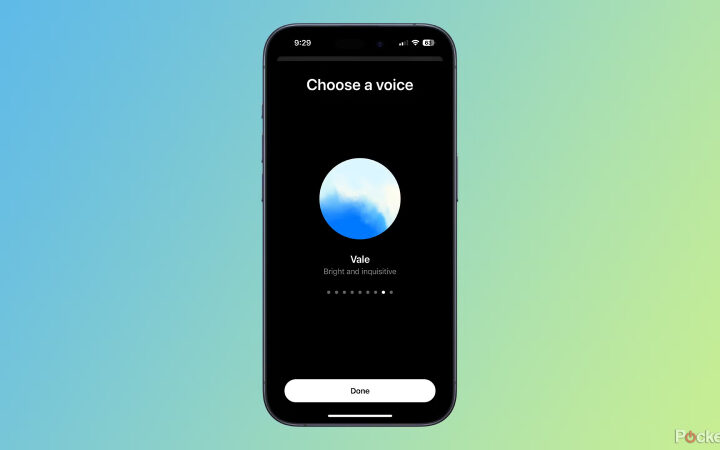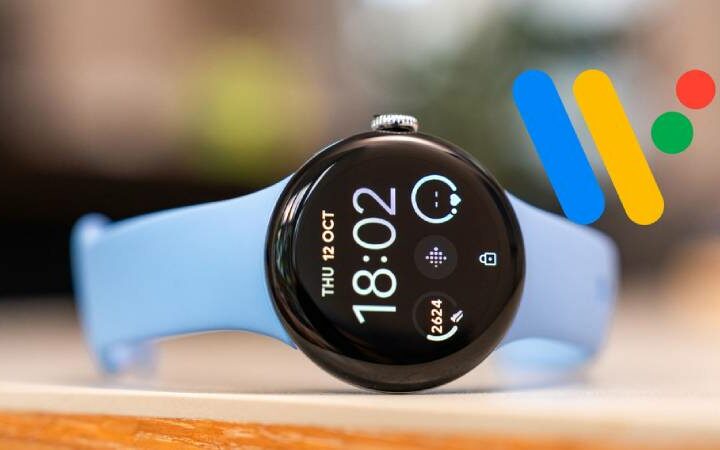Meta has provided an update on how it plans to adhere to the European Union’s Digital Markets Act (DMA), particularly concerning its messaging platforms, WhatsApp and Messenger. The DMA is designed to foster competition in digital markets, and under its provisions, Meta must enable users of its messaging services to connect with third-party apps.
In a recent blog post, Meta explained that it will be adding notifications within WhatsApp and Messenger to inform users about these third-party integrations. Users will receive alerts when a new compatible third-party messaging app becomes available. Additionally, Meta is introducing an onboarding process in both WhatsApp and Messenger that will allow users to explore third-party chat options. Through this process, users can either create a separate folder for third-party messages or choose to view them in a unified inbox.
Looking ahead, Meta has outlined a roadmap for further developments. By 2025, group chats will support third-party services, and by 2027, voice and video calling will be enabled for these chats, all in compliance with the DMA. Furthermore, Meta plans to introduce enhanced messaging features such as reactions, direct replies, typing indicators, and read receipts to these third-party chats in the future.
Meta emphasized its commitment to collaborating with third-party messaging services to ensure a seamless and secure experience. Users will notice the third-party chat options as these services complete the necessary integration processes. However, it remains uncertain whether major messaging apps like Viber and Telegram will adopt these features. One challenge to interoperability is maintaining WhatsApp’s end-to-end encryption, which could pose technical difficulties. Meta also requires third-party companies to sign agreements before integrating with its platforms.
The open-source messaging protocol Matrix is one of the services considering integration. Matrix’s founder, Matthew Hodgson, stated earlier this year that they would experiment with WhatsApp, keeping end-to-end encryption intact.
While Meta is working to fulfill its obligations under the DMA’s messaging requirements, the company has faced criticism for allegedly breaching other aspects of the legislation. Recently, the European Commission raised concerns over Meta’s “pay or consent” ad model on Facebook and Instagram, which offers users in the EU the option to pay for an ad-free experience or use a free version with ads. The Commission argued that this model does not fully comply with the DMA’s regulations.
- A new teaser confirms that Honda Activa electric scooters to get swappable batteries - November 22, 2024
- See how WhatsApp Beta simplifies updates with group mentions - November 22, 2024
- Social Media Safety Advances: Instagram Lets Users Reset Recommendations - November 21, 2024









